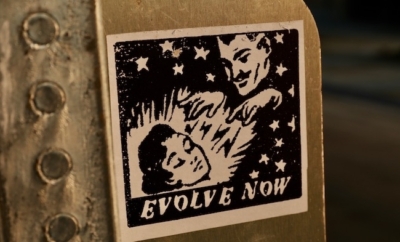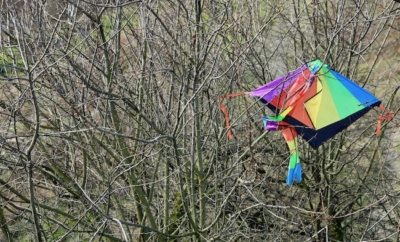
Self-Actualization
Bouncing Back From Adversity
It would be nice if life were always smooth sailing, blue skies, and warm tropical waters but sometimes things don’t go as planned. Adversity rears its ugly head and we are forced to deal with failure, unforeseen events, and our own blunders. This article talks about what to do when these times come along.
Probably the most important thing to do is own your mistakes. Most of look for anyone or anything outside of ourselves to blame when we drop the ball. We pass the buck in order to find some psychic relief. This psychological phenomenon is called projection and it is usually unconscious so you have to purposefully raise your conscious awareness if you want to interrupt the process.
While projecting our mistakes seems like a good solution since doing so protects us in that moment from emotional and mental turmoil, it almost always ends up doing a lot of damage, dooming us to an endless cycle of behavior that will produce identical results. Any movement or growth is stopped in its tracks. Plus deep down we know the truth anyway, and this truth will flit at the edge of conscious awareness like an itch that needs to be scratched.
The only way to learn from your mistakes is if you consider them to be your own first. Actually we can learn as much or more when things go wrong as we can when they go right, an idea that is a central tenet of empirical skepticism. Basically, if you know what an entity is not, you are one step closer to knowing what it is. When you own your mistakes you become more consciously aware of thoughts and behaviors that don’t work in a given situation, and you know to eliminate them from your repertoire in future situations that are similar.
A way to help you choose the correct path the next time is to say out loud how you are feeling and also write down these thoughts and emotions so that you have a concrete memory to come back to. Psychic turmoil is what gives the mistakes we have made urgency, but time has a way of dulling the sharpness so that we eventually change the narrative in our minds, remembering the event as less intense than it actually was.
Everything that happens to us, good or bad, is grist for the mill when we have the courage to look honestly at the part we played. Luckily most of the time we have the opportunity to get back up and try again. If we’re smart, we extract valuable information from the bad experiences and use this information to guide our future behavior, getting the results we want on the next go around.




